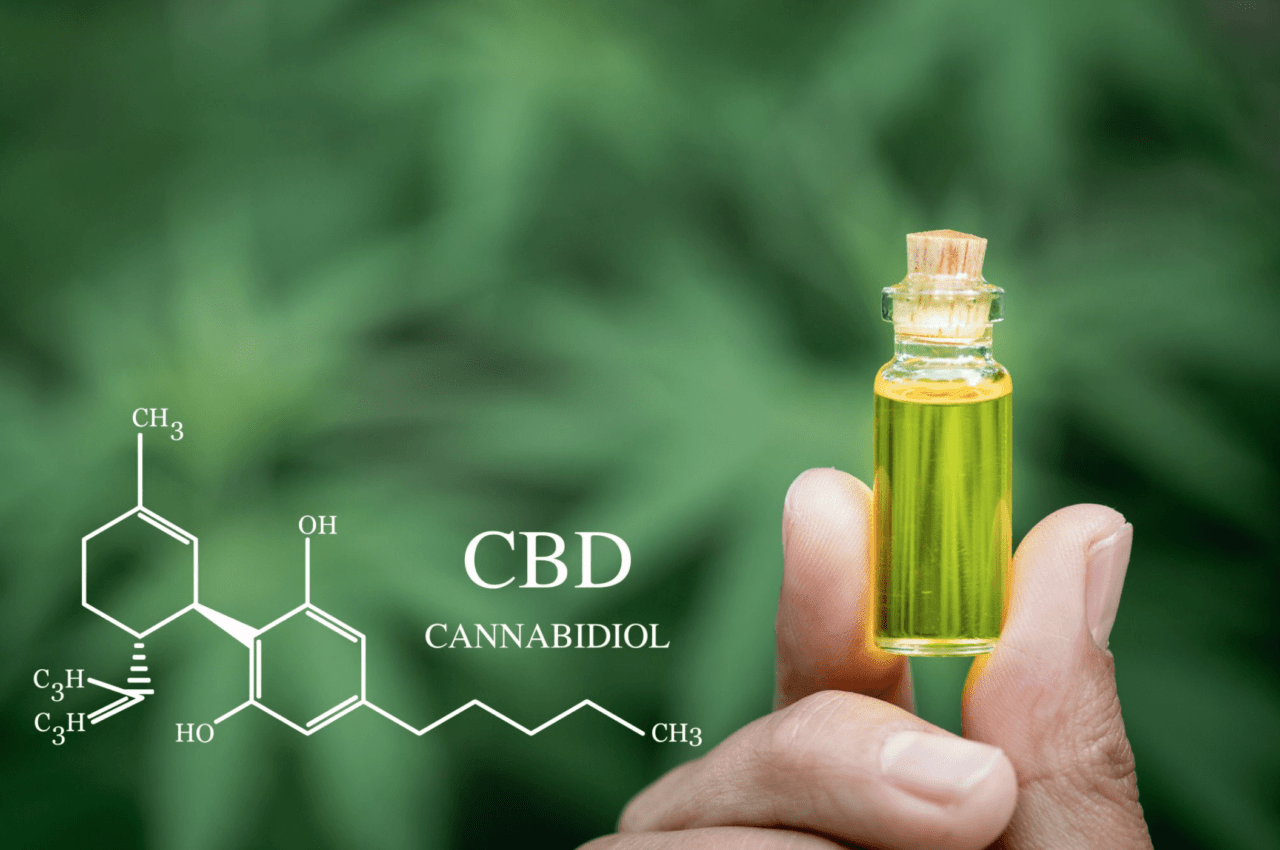Cannabidiol for the treatment of cannabis use disorder: a phase 2a, double-blind, placebo-controlled, randomised, adaptive Bayesian trial

Summary
Background – A substantial and unmet clinical need exists for pharmacological treatment of cannabis use disorders. Cannabidiol could offer a novel treatment, but it is unclear which doses might be efficacious or safe. Therefore, we aimed to identify efficacious doses and eliminate inefficacious doses in a phase 2a trial using an adaptive Bayesian design.
Methods – We did a phase 2a, double-blind, placebo-controlled, randomised, adaptive Bayesian trial at the Clinical Psychopharmacology Unit (University College London, London, UK). We used an adaptive Bayesian dose-finding design to identify efficacious or inefficacious doses at a-priori interim and final analysis stages. Participants meeting cannabis use disorder criteria from DSM-5 were randomly assigned (1:1:1:1) in the first stage of the trial to 4-week treatment with three different doses of oral cannabidiol (200 mg, 400 mg, or 800 mg) or with matched placebo during a cessation attempt by use of a double-blinded block randomisation sequence. All participants received a brief psychological intervention of motivational interviewing. For the second stage of the trial, new participants were randomly assigned to placebo or doses deemed efficacious in the interim analysis. The primary objective was to identify the most efficacious dose of cannabidiol for reducing cannabis use. The primary endpoints were lower urinary 11-nor-9-carboxy-δ-9-tetrahydrocannabinol (THC-COOH):creatinine ratio, increased days per week with abstinence from cannabis during treatment, or both, evidenced by posterior probabilities that cannabidiol is better than placebo exceeding 0·9. All analyses were done on an intention-to-treat basis. This trial is registered with ClinicalTrials.gov (NCT02044809) and the EU Clinical Trials Register (2013-000361-36).

